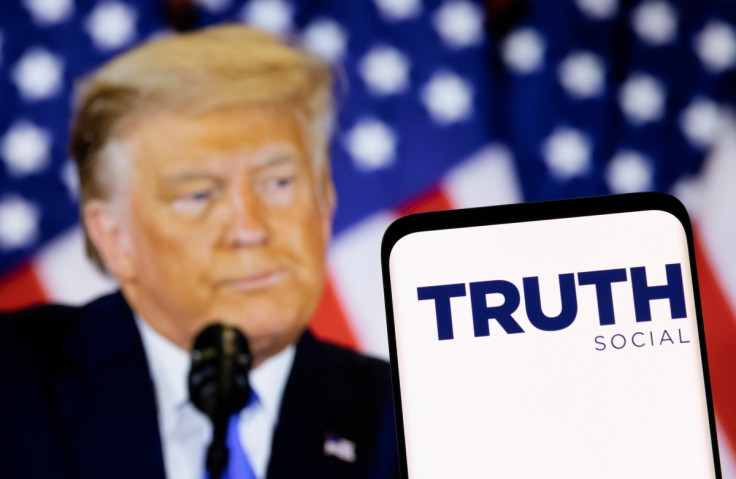Truth Social's IPO: A Triumph Or A Trial For Trump's Financial Future?
The impending Wall Street debut of Donald Trump's Truth Social network has sparked speculation about its potential impact on the former president's financial fortunes. However, experts caution that while the initial public offering (IPO) may confer significant paper wealth, practical challenges could hinder immediate benefits.
According to Matthew Kennedy, Senior IPO Market Strategist at Renaissance Capital, Trump's ability to monetize his stake post-IPO is constrained: "President Trump won't be able to monetize that stake right away," he told CNN.

The impending return to Wall Street hinges on a pivotal vote scheduled for Friday by shareholders of Digital World Acquisition Corp., a special purpose acquisition company (SPAC) currently holding a substantial cash reserve. The proposed merger between Digital World and Trump Media & Technology Group (TMTG), the entity behind Truth Social, awaits approval, with expectations of the stock trading on the Nasdaq under Digital World's ticker.
SPACs like Digital World offer an expedited route for companies like TMTG to go public, bypassing some of the cumbersome procedures associated with traditional IPOs. This allure has attracted investors seeking entry into burgeoning sectors such as technology, betting services, and banking.
Despite the fervor surrounding the merger, skeptics question the long-term viability of Truth Social and its potential to generate sustained profits. TMTG has acknowledged expectations of continued losses in the near future, casting doubts on the company's fundamental value amidst a competitive social media landscape.
While Digital World's stock has soared on optimism surrounding Trump's involvement, experts caution that such exuberance may be unfounded. Trump's significant stake in the combined entity, estimated at over $3 billion at current market prices, faces considerable liquidity constraints.
Legal restrictions, including lock-up provisions typically imposed on major shareholders following mergers, prevent immediate selling or pledging of shares. Trump, facing looming financial obligations and legal challenges, cannot readily convert his paper gains into cash. Furthermore, any attempts to amend these restrictions would require disclosure and could invite scrutiny from regulators and investors.
The inflated valuation of TMTG, juxtaposed against its modest revenue and declining user base, underscores the disparity between market sentiment and underlying fundamentals. Despite Trump's prominent role in the venture, Truth Social's uncertain trajectory raises questions about the sustainability of its business model and the feasibility of achieving profitability.
Analysts highlight the inherent risks associated with investing in companies like TMTG, characterized by speculative valuations and uncertain growth prospects. Concerns regarding corporate governance, regulatory compliance, and competitive pressures further compound the challenges facing Truth Social as it ventures into the public domain.
"It's losing money, there's no way the company is worth anything like" what the stock price suggests, stated Jay Ritter, an IPO specialist at the University of Florida's Warrington College of Business. "Here, given the stock price is so divorced from fundamental value, it's kind of the same issue that came up with meme stocks."
In the context of Trump's financial predicament, exacerbated by ongoing legal battles and mounting debts, the realization of substantial gains from the IPO remains elusive. Ultimately, the IPO of Truth Social symbolizes a convergence of political intrigue, technological innovation, and financial speculation. However, the disparity between perceived value and underlying fundamentals serves as a sobering reminder of the inherent risks inherent in speculative investments.
© Copyright IBTimes 2024. All rights reserved.












